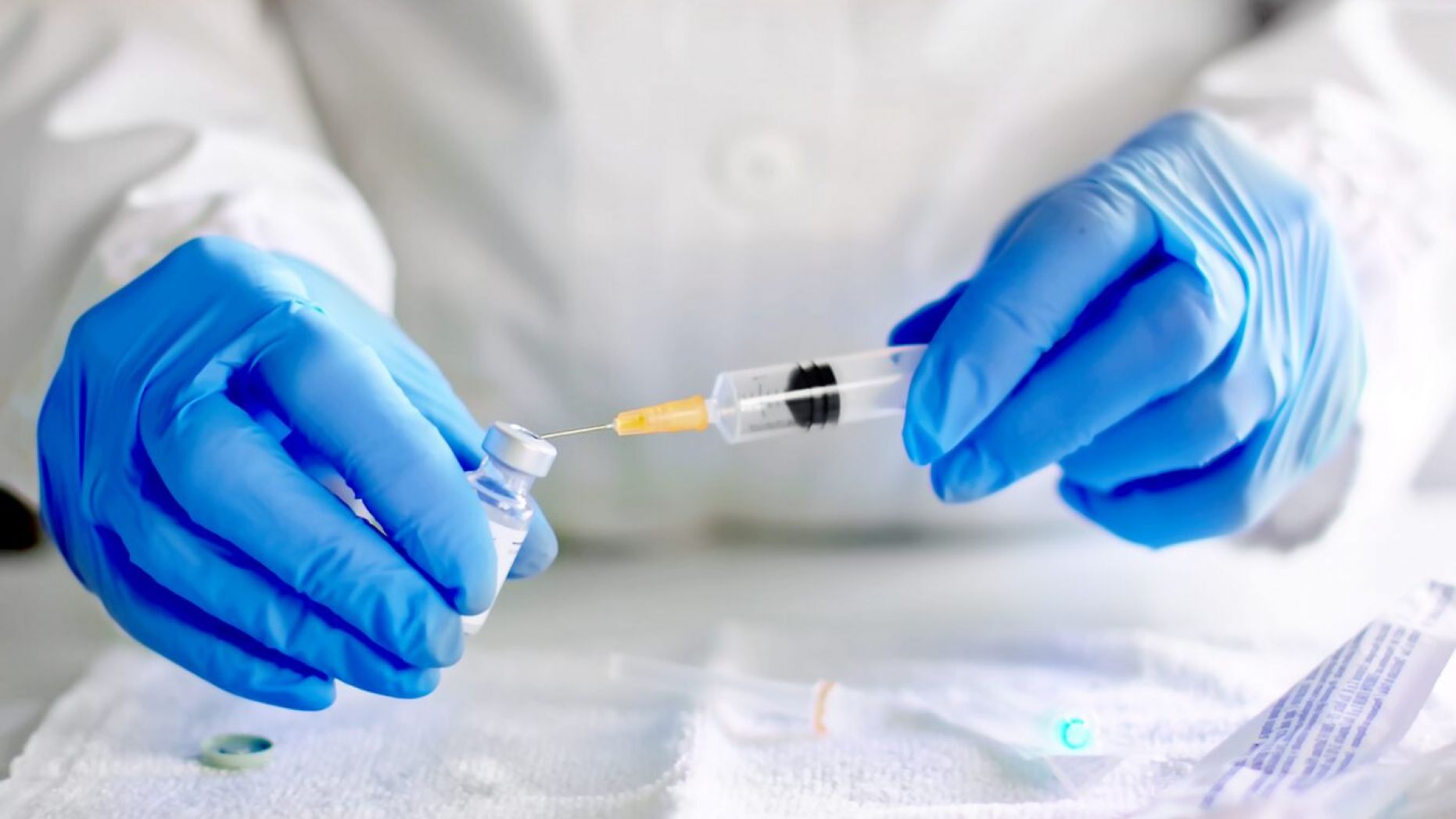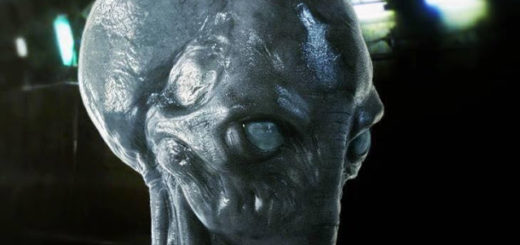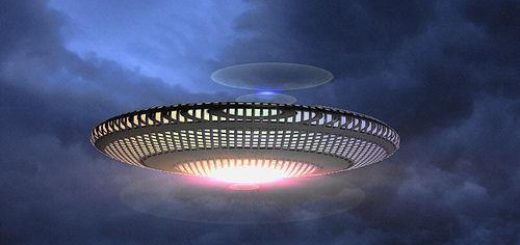Coronavirus vaccine developers expect ‘two-dose regimen,’ report says

The coronavirus vaccine may not grant full immunity after just one dose, according to a new report.
When a vaccine proves effective, there’s a good chance it will entail a two-dose series, USA Today reported. Shots may need to be administered one month apart, with a booster following several years later.
CLICK HERE FOR FULL CORONAVIRUS COVERAGE
As of June 2, the World Health Organization (WHO) listed 10 vaccine candidates under clinical evaluation, with 123 candidates in preclinical evaluation.
Barry Bloom, immunologist and professor of public health at the Harvard T.H. Chan School of Public Health in Boston, told USA Today that almost all of the vaccine developers are considering two shots in their regimens.
CORONAVIRUS LEAVES BEHIND 42 PERCENT PLUNGE IN EMERGENCY DEPARTMENT VISITS: REPORT
According to the outlet’s report, the first shot in the series would “prime the immune system” to help the body recognize the virus, followed by a second shot to “strengthen the immune response.”
When vaccine candidates reach human clinical trials, more precise dosing will become clear, Dr. Kelly Moore, associate director of immunization education for the Immunization Action Coalition, told the outlet.
After the first dose of a vaccine, the immune system develops antibodies and immune cells in about 14 days, says L.J. Tan, chief strategy officer with the Immunization Action Coalition and co-chair of the National Adult Immunization Summit and National Influenza Vaccine Summit.
Tan estimated any COVID-19 vaccine requiring two doses would likely be administered about a month or two apart.
CORONAVIRUS HAS NOT RESURGED IN OREGON FOLLOWING REOPENINGS, STATE HEALTH OFFICIAL SAYS
In addition, WHO officials said the coronavirus isn’t mutating to become more dangerous during a briefing on Wednesday. Since the SARS-CoV-2 is seemingly stable so far, initial vaccines could act as boosters later on to extend immunity, Bloom told the outlet.
However, scientists aren’t sure how durable people’s immune response will be. For coronaviruses causing the common cold, Dr. Anthony Fauci, director of the National Institute of Allergy and Infectious Diseases, said immunity almost always lasts less than a year.
“It may be completely different with this coronavirus, with SARS-CoV-2, it may be that they induce a response that’s quite durable,” Fauci told the editor of the Journal of the American Medical Association.
STUDY SHOWS 76 PERCENT OF CORONAVIRUS PATIENTS IMPROVE AFTER PLASMA TRANSFUSION
A two-dose regimen in treating COVID-19 across the country may demand more extensive coordination and record-keeping to ensure patients receive the full course of vaccination.
While scientists race for an effective vaccine, directors of state health agencies are reportedly using the time to prepare immunization registries. USA Today reported the agency directors are in frequent contact with the CDC and immunization registry managers to “record and track the vaccinations of large numbers of adults.”



 Creators of mankind
Creators of mankind Description of “Tall white aliens”
Description of “Tall white aliens” Where they came from?
Where they came from? About hostile civilizations
About hostile civilizations The war for the Earth
The war for the Earth “Tall white aliens” about eternal life
“Tall white aliens” about eternal life Video: “Nordic aliens”
Video: “Nordic aliens” Aliens
Aliens Alien encounters
Alien encounters The aliens base
The aliens base UFO
UFO Technology UFO
Technology UFO Underground civilization
Underground civilization Ancient alien artifacts
Ancient alien artifacts Military and UFO
Military and UFO Mysteries and hypotheses
Mysteries and hypotheses Scientific facts
Scientific facts


















